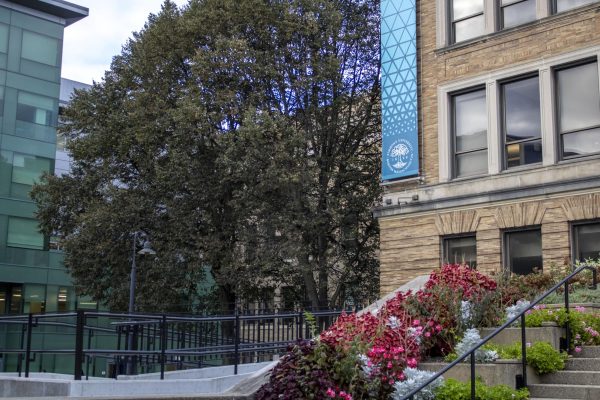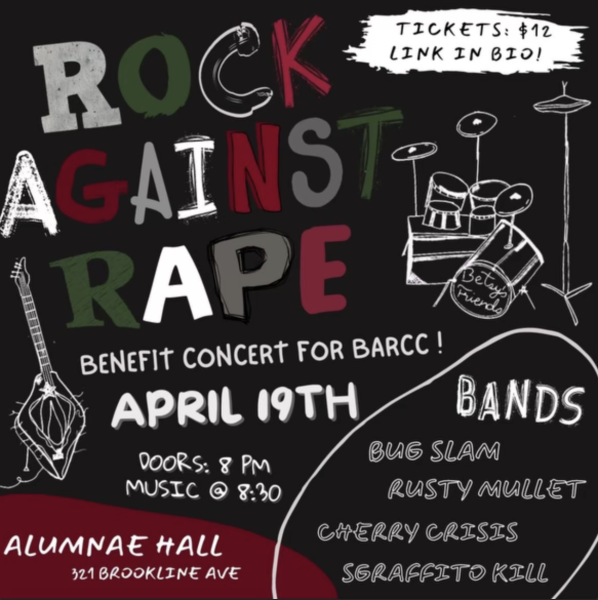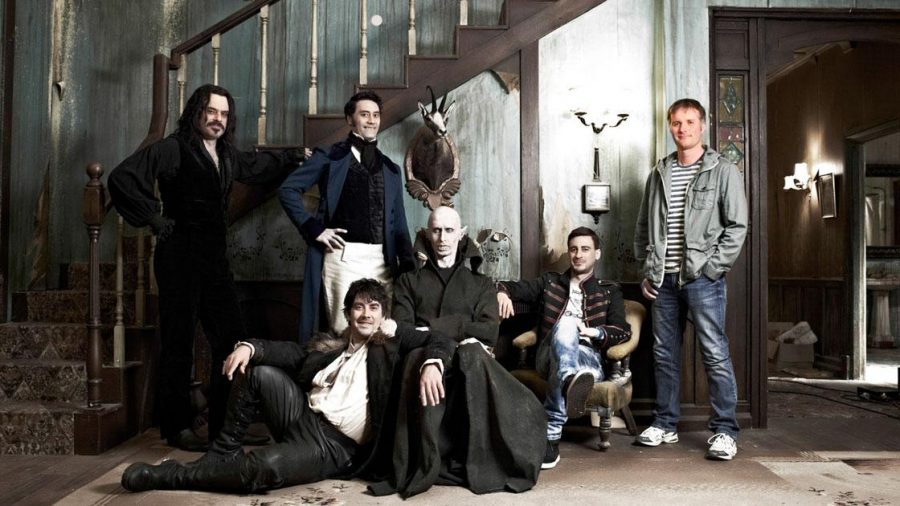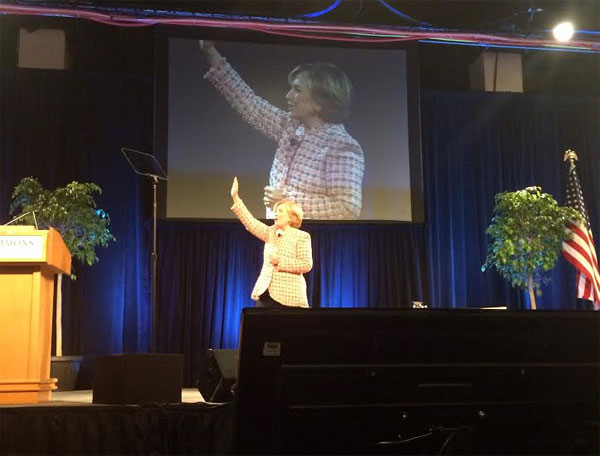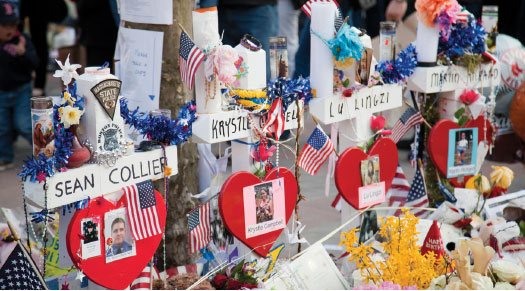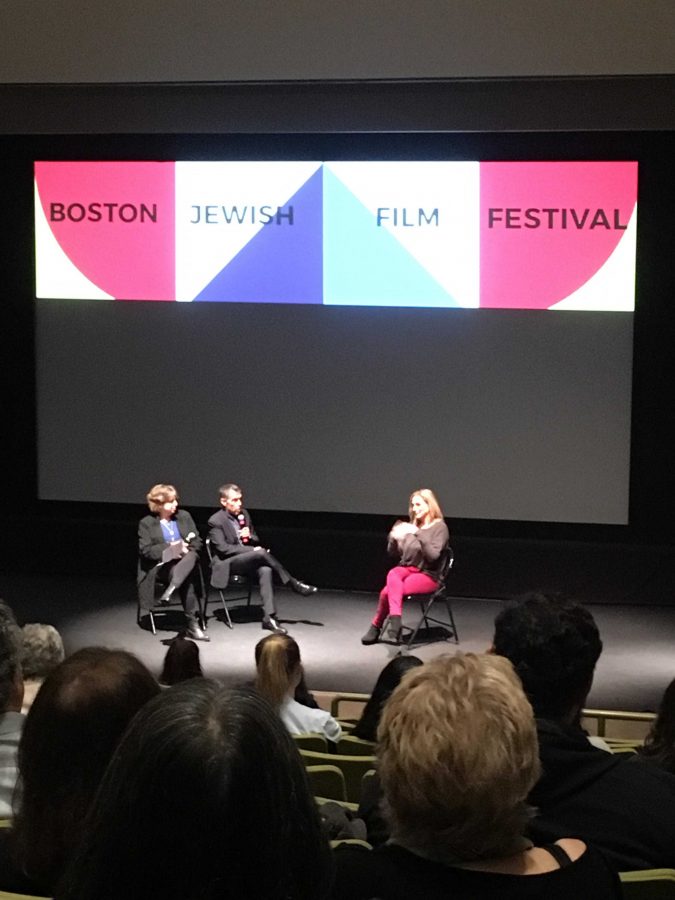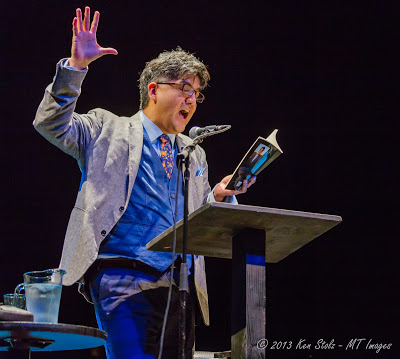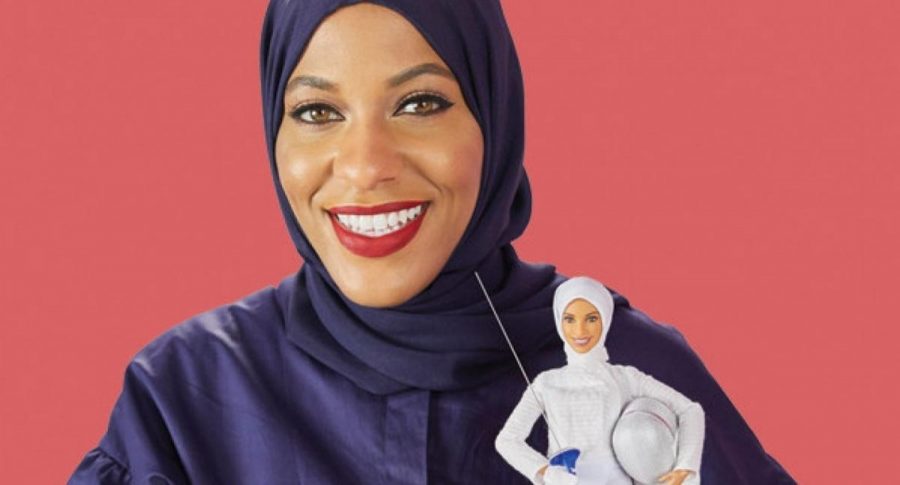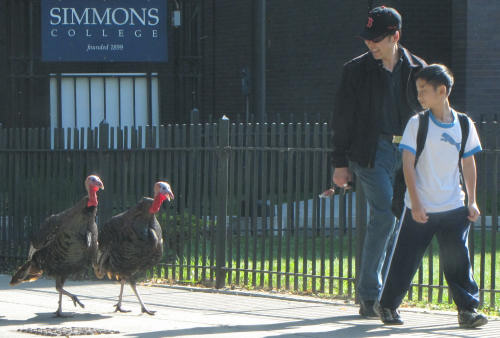By Taylor Rapalyea
Staff Writer
The public library in Copley Square was deserted early in the morning on Nov. 5. Its marble hallways made the silence loom, and the rare passing staffs’ footsteps echoed.
This was the scene on Election Day, the first time in 20 years that Thomas Menino wasn’t on the ballot to be voted in as mayor of Boston. But despite the significance of this election, voter turnout was bleak in this busy section of the city.
Voters in Boston typically work nine-to-five jobs, and choose to vote early in the morning. But even though the Boston Public Library is a hub of activity, potential voters chose to do something else with their time.
While most of the polling booths were quiet, Twitter was going a mile a minute, with politically active users pouncing on anyone using the hashtag #bosmayor.
“I respected your precious World Series and Monday Night Football,” tweeted freelance journalist Chris Faraone, “now PLEASE LEAVE ME THE [expletive] ALONE DURING THE #BOSMAYOR ELECTION TOMORROW!”
Supporters for candidate Marty Walsh largely dominated the conversation, punctuated by the occasional tweets from individual John Connolly endorsers and larger scale backers, such as the Boston Globe. Walsh backers denied the significance of Connolly’s initial steam, citing their contestant’s endorsements and powerful stances.
Connolly had run out of steam, and money. Attack ads painted him as an elitist lawyer, rather than the education mayor he had set out to be. Walsh capitalized on the momentum of the Red Sox in the World Series by placing an ad directly following the final game and buying a billboard on the street in front of the park.
Boston residents couldn’t watch more than three videos on YouTube without coming face-to-face with a Walsh ad, and his endorsers, which included multiple labor unions and candidates in the preliminary election, were bombarding residents with pamphlets and handouts decrying Connolly.
Fifteen hours after the initially dismal scenes at the voting booths, Walsh walked out on the stage at the Park Plaza Hotel, victorious. The polls had been neck-and-neck, with Walsh leading by a scant 2 percent or less for most of the evening. By 10:30 p.m., he had won with just 51.55 percent of the votes and a hard-won concession from Connolly.
“We came up short tonight, but I am very proud of how we ran this campaign,” said Connolly in his concession speech. “I believe in Boston more than I’ve ever believed in Boston before. I believe in the people of Boston.”
Walsh’s victory was one won by a relatable candidate. His ads put the fact that he is a recovering alcoholic front and center, a message that many in the hyper-Irish Boston community found commending. His triumph was sweet, but it didn’t overshadow the fact that less than half of Boston’s eligible voters cast ballots on Tuesday.
Even some of those who did vote didn’t necessarily take the landmark election seriously. While rumors that Red Sox World Series MVP David Ortiz came in third in the elections are not actually accurate, he did receive an impressive number of votes.
Elizabeth Comeau, social media marketing manager at the Boston Globe, spoke to the grim turnout on Election Day.
“Plain and simple, people don’t show up to vote unless it’s for the president.”
Though many felt the indifference was palpable in the city on Election Day, others felt that the turnout was impressive. Boston Globe staff writer Peter Schworm published an article titled, “Mayoral voter turnout strong across Boston” on the following Wednesday.
Voter turnout on Nov. 5 indisputably outpaced that of the 2009 mayoral election, but with the significance of this year, attendance still seemed slow.
“It’s about what we expected,” Geraldine Cuddyer, chairwoman of Boston’s Election Commission told the Boston Globe. “It was very uneventful.”
The attitude in the Simmons Voice Newsroom was apathetic, with most students saying they didn’t think the election would affect them in any way, despite the fact that some of the key issues in the debate were youngster favorites such as increasing liquor licenses and improving funding for the MBTA.
“I’m only here [in Boston] for another year,” said junior Sarah Kinney. “It’s not as though anything will get done by then.”



